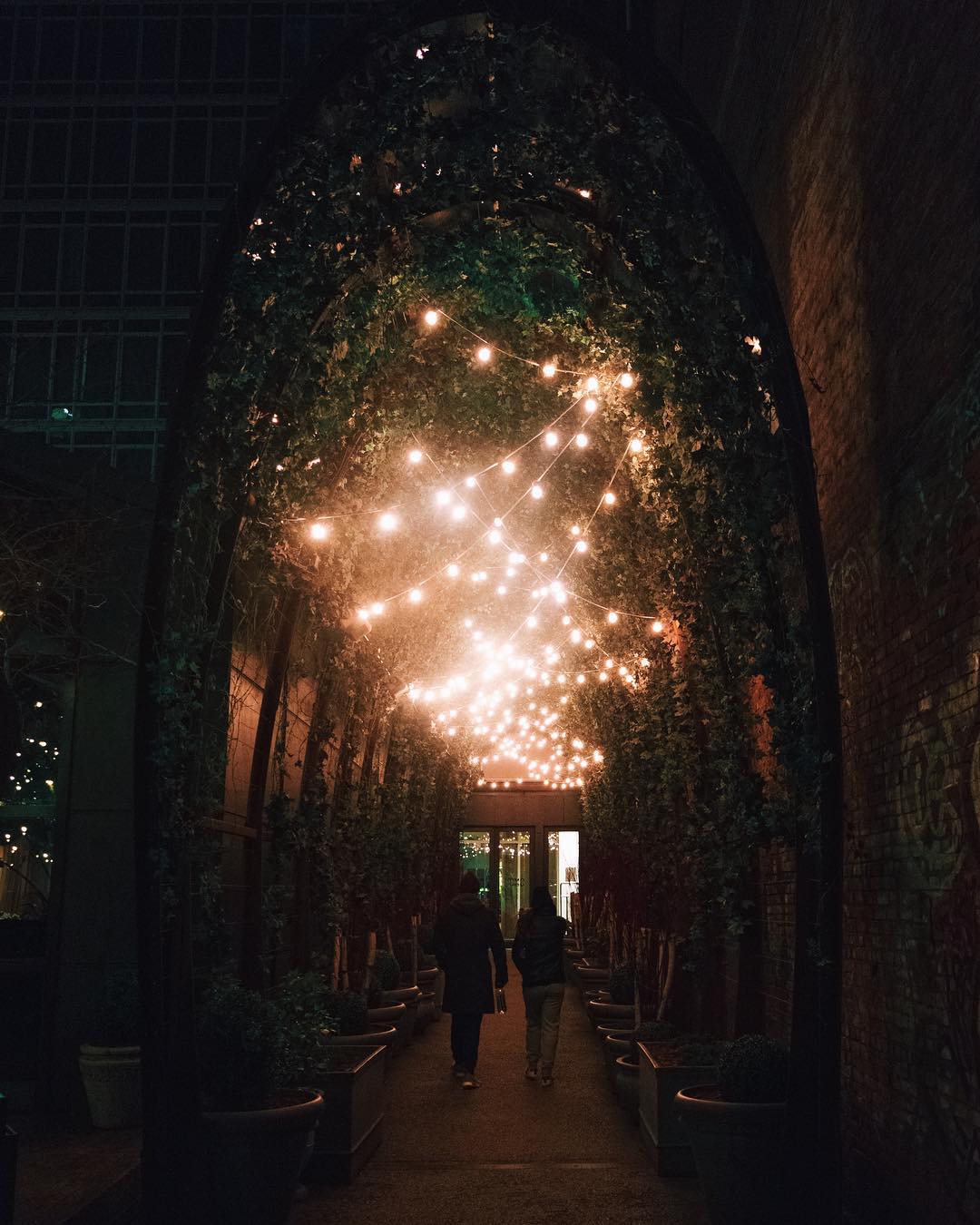Course Description & Trajectory
Hello and welcome to English 110 at the City College of New York! For this course, you will have the opportunity to dissect your current talents as a writer and to further explore them as you become comfortable with the expectations of college writing. This course will allow students to continuously think about their writing, while providing them with the necessary practices such as research, reflection and revision that would enable students to not only continue to develop their skills across the multiple disciplines of academia, but throughout their professional careers as well. This course values the basis of standard composition: focusing on elements such as the rhetorical situation/concepts, yet also considers the significance of voice and identity as an influential mechanism. Throughout the semester, we will be focusing on the influence of diverse linguistic backgrounds within writing—by examining a variety of tools: how certain writers tell their stories and how we will attempt to incorporate them within our own writings.
First-year Composition Mission Statement
First-year composition courses at CCNY teach writing as a recursive and frequently collaborative process of invention, drafting, and revising. Writing is both personal and social, and students should learn how to write for different purposes and audiences. Since writing is a process of making meaning and communicating, FYC teachers respond mainly to the content of students’ writing as well as to recurring surface errors. Students should expect frequent written and oral responses on the content of their writing from their teachers and peers. Classes rely heavily on a workshop format. Instruction emphasizes the connection between writing, reading, and critical thinking; students should give thoughtful, reasoned responses to the readings. Both reading and writing are the subjects of class discussions and workshops, and students are expected to be active participants in the classroom community. Learning from each other will be a large part of the classroom experience.



